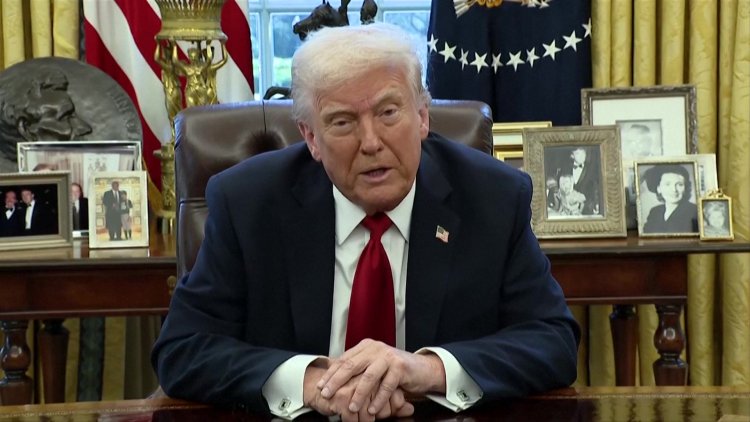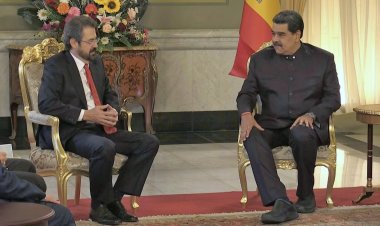Trump imposes 25% tariff on imported cars

U.S. President Donald Trump announced that a 25% tariff on imported cars will take effect April 3, escalating trade tensions that have been building for weeks. The move is expected to significantly impact the auto industry, with experts warning it will increase prices and disrupt production.
Nearly half of all vehicles sold in the U.S. last year were imported, according to research firm GlobalData. Trump, who views tariffs as a revenue source to offset his tax cuts and revitalize American manufacturing, defended the decision at the White House: "This will continue to spur growth like you haven't seen. Before I was elected, we were losing all of our plants that were being built in Mexico and Canada and other places. Now, those plants have largely stopped and they're moving them to our country."
The president granted a partial reprieve for auto parts imports, which will face tariffs no later than May 3. The announcement prompted immediate backlash from the European Union and Canada, with Canadian Prime Minister Mark Carney calling it a "direct attack" on Canadian workers and vowing to defend his country's interests.
In 2024, the U.S. imported $474 billion worth of automotive products, including $220 billion in passenger cars. The top suppliers—Mexico, Japan, South Korea, Canada, and Germany—are all close U.S. allies. Following the announcement, Japanese automakers' stocks plummeted in trading, with Toyota falling more than 3% and Mazda dropping 6.4%.
The Center for Automotive Research predicts the tariffs will increase vehicle costs by thousands of dollars, reduce sales, and lead to job losses due to the U.S. auto industry's dependence on imported parts.
The auto tariffs follow Trump's expected announcement of global reciprocal tariffs on April 2, though he suggested these measures may be less severe than previously indicated.















